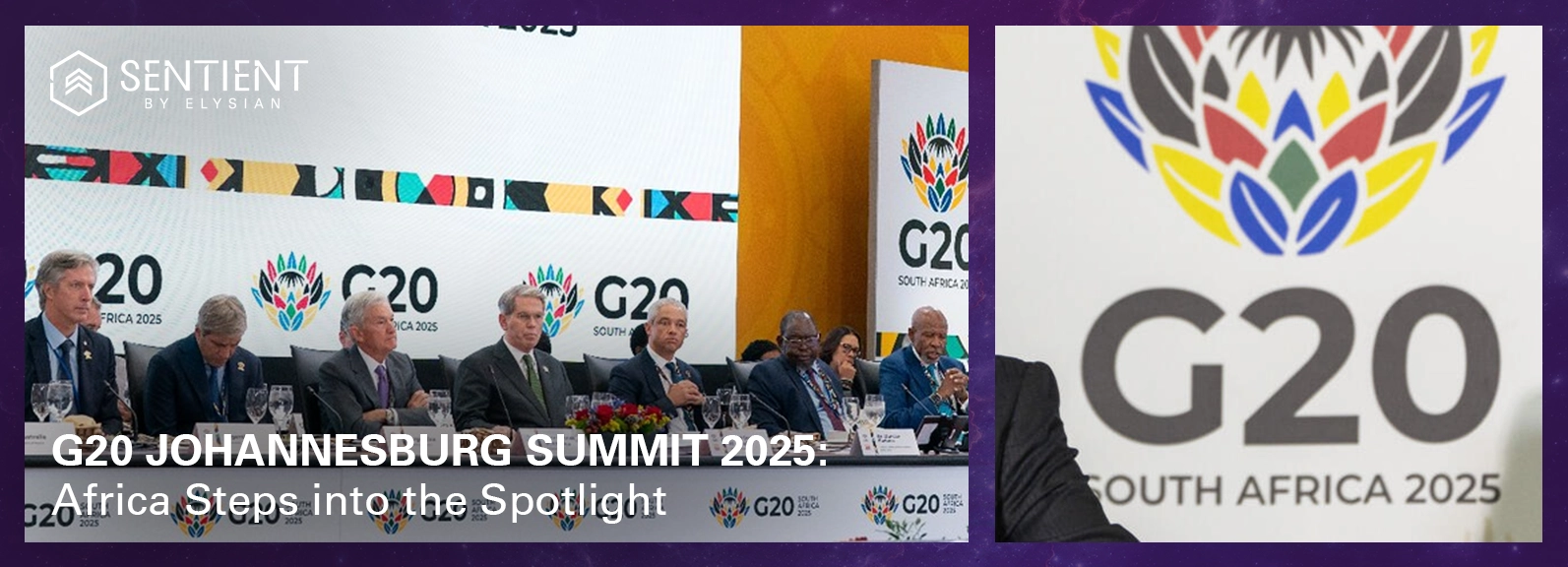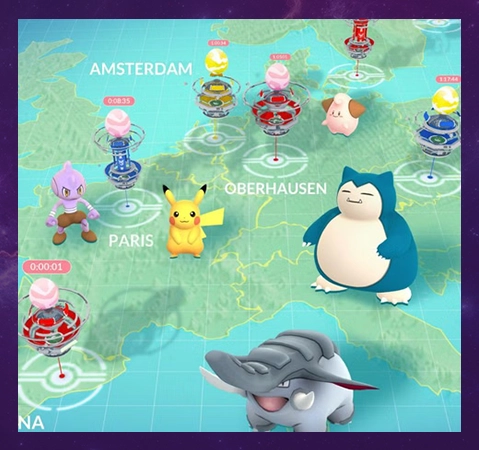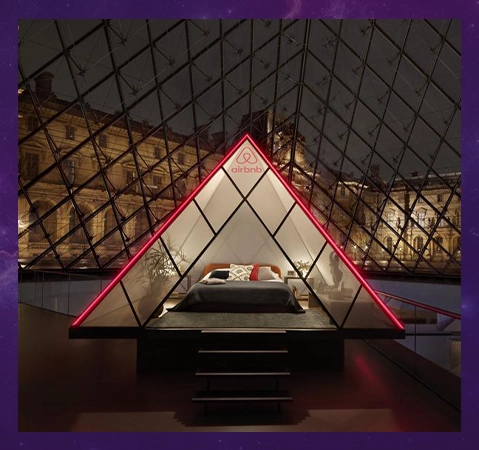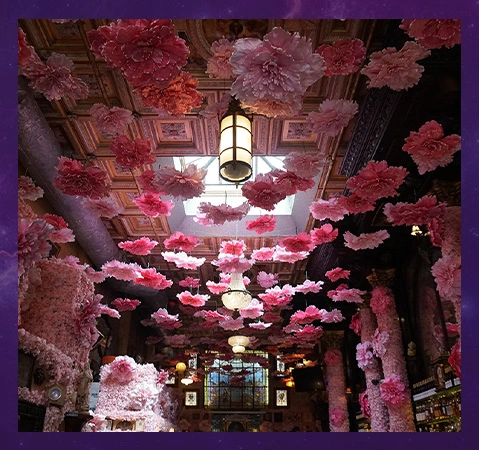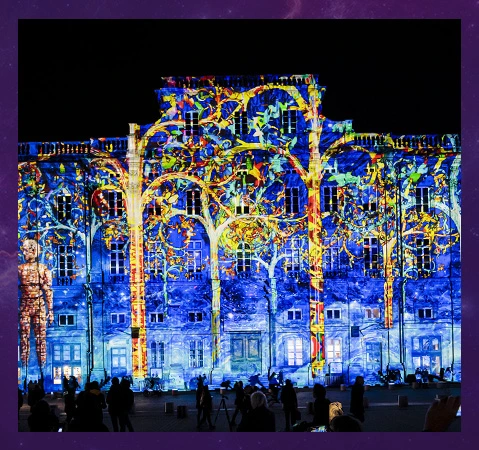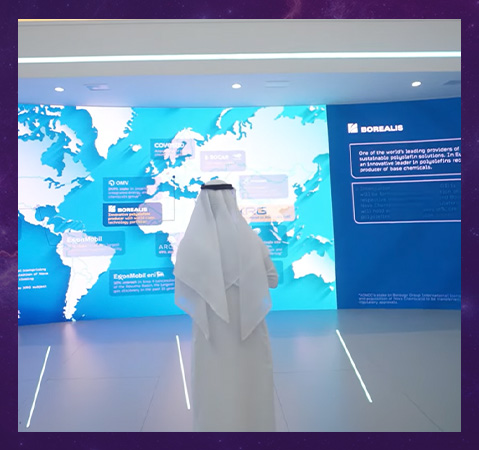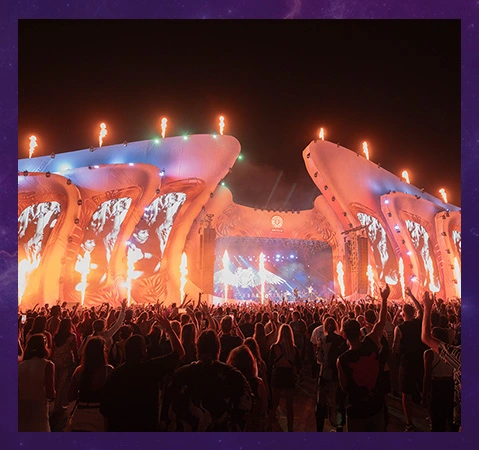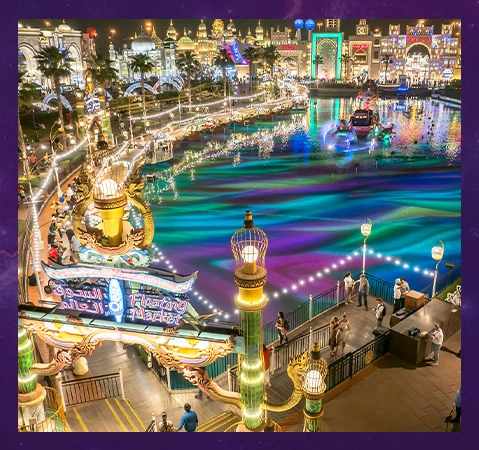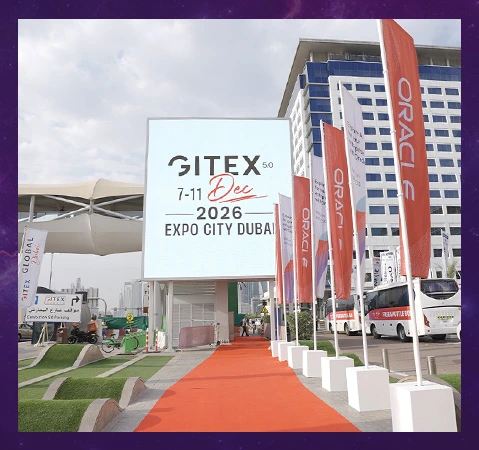
G20 Johannesburg Summit 2025: Africa Steps into the Spotlight
share
Summary
The G20 Johannesburg Summit 2025 marks a historic moment for Africa, as South Africa uses its presidency to spotlight inclusive development, climate action, and global reform. Beyond diplomacy, the summit is expected to highlight African culture, cuisine, and innovation, offering a rich sensory experience for global leaders. It also reflects the rising role of immersive storytelling in conferences—where agencies like Sentient By Elysian are redefining how ideas are communicated on the world stage.
Table of contents
Introduction: Conferences as Global Storytelling Arenas
A Continental Agenda with Global Impact
Flavors of the Continent: Culinary Diplomacy
Immersive Storytelling and the Future of Summits
Sentient by Elysian: Crafting Emotionally Intelligent Experiences
Conclusion: Africa is Not Just Hosting—It’s Redefining the Stage
Around the world, global conferences and summits have become powerful platforms for shaping policy, setting agendas, and influencing public consciousness. From climate negotiations to economic forums, these events are increasingly used not just to make decisions—but to define narratives. Against this backdrop, South Africa hosting the G20 Leaders’ Summit in Johannesburg this November is a historic first for the African continent. As the only African country in the G20, South Africa’s presidency is an opportunity to foreground African-led solutions and champion reform, inclusion, and sustainability on the world’s most influential stage.
A Continental Agenda with Global Impact
The 2025 summit theme, “People, Planet, and Prosperity,” reflects a commitment to inclusive economic growth and sustainable futures. South Africa has placed climate finance, global health systems, and debt relief for developing nations at the heart of its agenda. These priorities signal a broader push for equity in global institutions like the IMF and World Bank.
Over 130 official meetings are being held throughout the year in various cities across South Africa. From finance ministers to youth delegations, a diverse range of voices is being brought into the conversation—underscoring the presidency’s goal of open, collaborative diplomacy.
Despite a few early hurdles, including logistical criticisms and high expectations, the summit offers a unique platform to reposition Africa from a continent of need to one of opportunity.
A Cultural Showcase: Africa Beyond the Negotiation Table
Hosting the G20 in Johannesburg isn't just a political moment—it’s a cultural one. South Africa is uniquely positioned to offer visiting leaders, delegates, and media a deep and colorful immersion into African heritage. From the rhythms of traditional music to the textures of local craft markets, attendees will experience more than just policy papers—they’ll encounter the soul of a continent.
Johannesburg, often called the “City of Gold,” is a melting pot of cultures from across Africa. Its art galleries, design hubs, and historic sites—from Constitution Hill to Soweto—provide a compelling narrative of resilience, creativity, and transformation. Expect curated cultural programs running alongside official summit events, offering a glimpse into South Africa’s—and Africa’s—diverse identity.
Flavors of the Continent: African Cuisine on the Global Table

No global summit in South Africa would be complete without a taste of its culinary heritage. As delegates gather in Johannesburg, they’ll be introduced to dishes rooted in centuries-old traditions and modern innovation. From Cape Malay bobotie to Zulu-style chakalaka, from Nigerian jollof to Ethiopian injera, Africa’s culinary diversity offers a form of diplomacy that speaks through flavor.
Local chefs and restaurateurs are likely to collaborate with summit organizers to design food experiences that celebrate regional ingredients, sustainability, and the shared joy of food. Culinary pop-ups, tasting events, and regional showcases could give attendees a multisensory understanding of the continent’s richness—an edible expression of People, Planet, Prosperity.
How Immersive Design Is Transforming Global Conferences

Diplomatic summits are no longer confined to static speeches, rigid agendas, and quiet backroom negotiations. Today, they are evolving into multidimensional experiences—designed not only to inform but to move, engage, and immerse. The shift is clear: storytelling and immersive technology are becoming central tools in how urgent global issues are communicated.
A powerful example of this trend is Refik Anadol’s AI-driven art installation at COP28, which transformed climate data into swirling, abstract visuals that filled the summit’s venue with light and movement. Through generative algorithms and real-time climate datasets, Anadol’s piece gave form and feeling to an otherwise invisible crisis—offering a sensory entry point into climate change. This was more than art; it was data storytelling, and it sparked emotional resonance in ways graphs and speeches rarely do.
Global summits are increasingly turning to these mediums—interactive exhibits, VR simulations, large-scale projections, soundscapes, and even performance art—to bring complex topics to life. Storytelling, especially when delivered through new media, can humanize abstract policy debates. It can put a face to a statistic, a voice to a region, and urgency to an issue. Whether it’s a refugee’s journey rendered in VR or a climate timeline projected in 360°, these narratives engage the heart as much as the intellect.
Sentient By Elysian, a UAE-based experiential agency, has been instrumental in helping brands and institutions craft immersive experiences on global stages. From climate summits to world expos, such as Abu Dhabi Sustainability Week, Gitex and Make it in the Emirates 2025, they specialize in transforming abstract themes into tangible, emotionally engaging narratives—whether through spatial design, interactive installations, or digital storytelling. Their work exemplifies how the boundaries between diplomacy, branding, and experiential art are blurring, making international events not just visible—but deeply felt.
While it’s unclear if the G20 Johannesburg Summit 2025 will fully embrace this experiential model, the momentum is undeniable. The future of diplomacy lies in combining strategy with story, and policy with presence—creating spaces where decisions are not just made, but deeply felt.
The World Comes to Africa, But Africa Speaks for Itself
While global powers converge on Johannesburg to debate trade, climate, and geopolitics, the deeper narrative is about Africa claiming space—culturally, economically, and diplomatically. For many visitors, the summit will be a rare opportunity to experience African innovation, hospitality, and leadership up close.
The 2025 G20 Summit is more than a gathering of the world’s largest economies. It’s a moment for Africa to lead not just with policy, but with presence, pride, and perspective.
In Brief:
The G20 Johannesburg Summit 2025 is more than a diplomatic milestone—it is a statement of presence. As Africa takes center stage, it has the opportunity not only to influence policy but to shape how the world experiences global dialogue. From cultural showcases and culinary diplomacy to cutting-edge immersive storytelling, the summit reflects a world increasingly aware that how we communicate is just as vital as what we decide.
In this evolving landscape, agencies like Sentient By Elysian are playing a pivotal role. Their work demonstrates how experiential environments can elevate global discourse—transforming ideas into emotions, and strategies into shared human experiences. As Johannesburg prepares to host the world, the message is clear: the future of diplomacy is not only about deals struck behind closed doors, but also about stories shared in open spaces.
Africa is not just hosting the summit—it is redefining the stage.
Website | LinkedIn | Instagram | YouTube | Facebook


